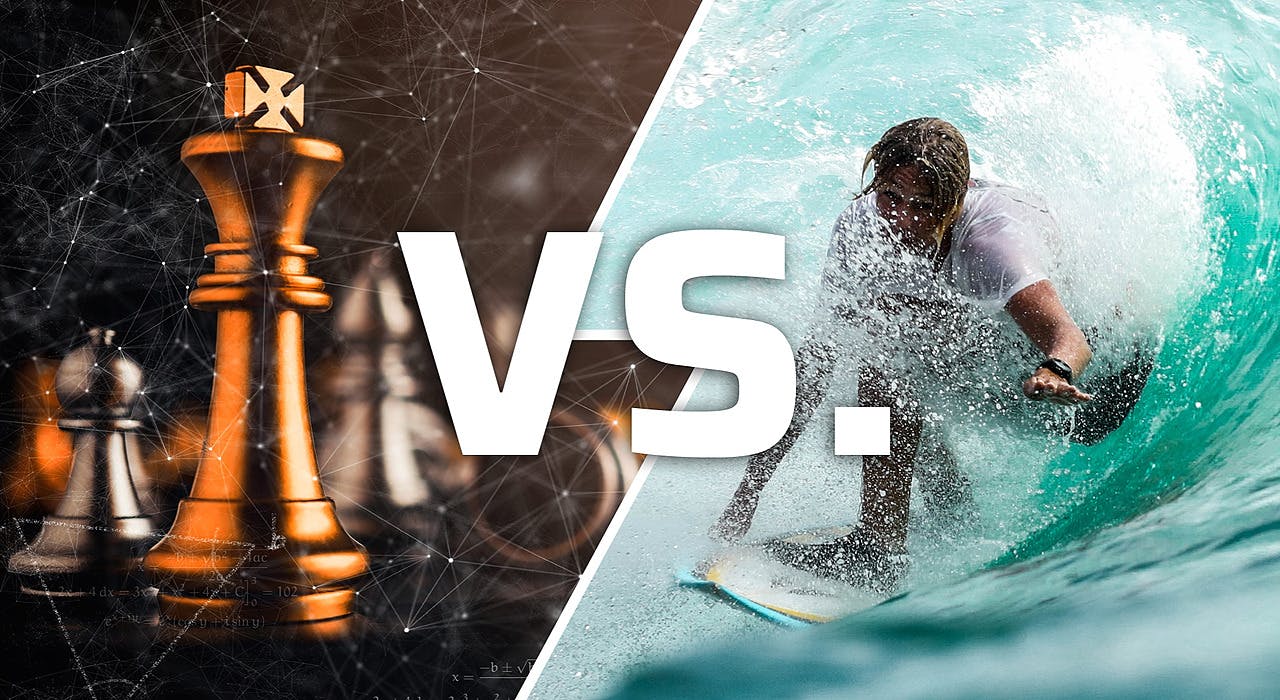804 reads
Trading Bitcoin: Chess Masters vs. Surfers—Who's Keeping Score?
by
November 6th, 2019
Co-founder of Superalgos, an open-source project crowdsourcing superpowers for retail traders.
About Author
Co-founder of Superalgos, an open-source project crowdsourcing superpowers for retail traders.
